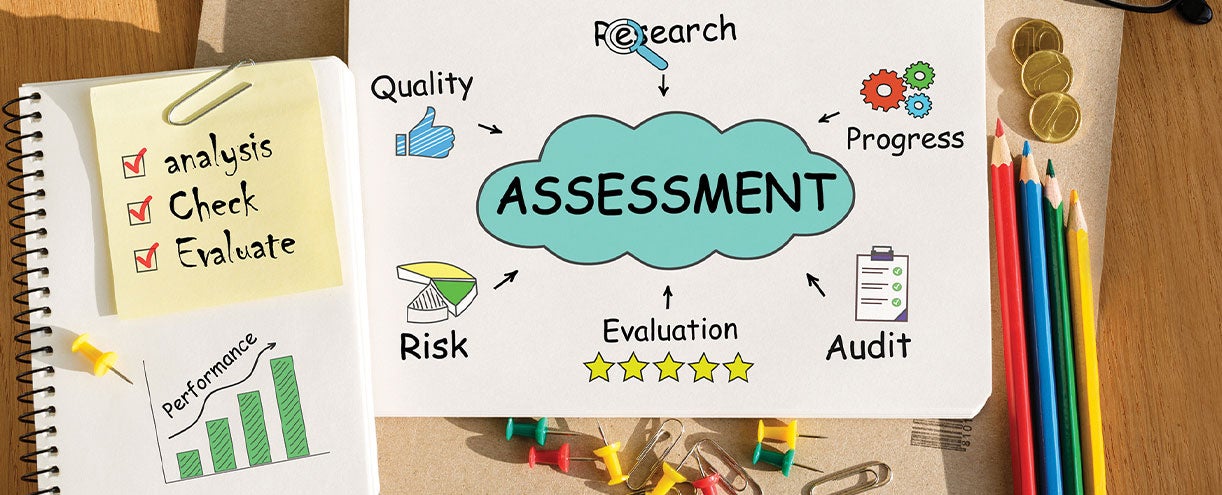Dyslexia Handbook Updates May Impact Staffing
The State Board of Education (SBOE) adopted revisions to the Texas Dyslexia Handbook: Procedures Concerning Dyslexia and Related Disorders on April 12, 2024, to align with House Bill (HB) 3928 of the 88th Regular Session of the Texas Legislature.
Highlights
The updates ensure clearer guidelines for dyslexia evaluation, identification, and instruction. Additionally, the changes address the qualifications and training requirements for professionals identifying and working with students with dyslexia.
Following are highlights of some of the updates approved:
- An individual currently working toward a credential as a licensed dyslexia therapist (LDT) or an advanced dyslexia-related credential recognized by the SBOE meets the requirements under HB 3928, as an individual who has specialized knowledge in dyslexia, to serve as a member of the multidisciplinary team (MDT) or an admission, review, and dismissal (ARD) committee when dyslexia is the suspected disability.
- An individual not enrolled in a training program or not appropriately credentialed must do all the following to serve as a member of the MDT/ARD:
- Register and complete a Texas Dyslexia Academy (TDA).
- Register and complete the TEA’s Guidance for the Comprehensive Evaluation or a Specific Learning Disability training.
- Document training in current research- and evidence-based assessments that are used to identify the most common characteristics of dyslexia.
- The first-grade dyslexia screening must occur as close to the middle of the school year as possible and must conclude no later than January 31.
Helpful Staff Information
A provider of dyslexia instruction (PDI) must be fully trained in a school district’s or charter school’s evidence-based dyslexia program and be able to use individualized, intensive, multisensory, phonetic methods, and a variety of writing and spelling components. While there is no required certification or license to be a PDI, best practice is to seek out individuals who have specific credentials focused on dyslexia identification and instruction, such as an LDT, licensed dyslexia practitioner (LDP), certified academic language therapist (CALT), certified academic language practitioner (CALP), or certified structured literacy dyslexia interventionist (C-SLDI). Individuals with these credentials but without teacher certification would be required to be fully trained in the district’s dyslexia curriculum.
The PDI does not have to be a certified special education teacher unless employed in a position that requires the certification. Because a paraprofessional must work under the supervision of a teacher, they can’t be the person providing instruction to students in the evidence-based dyslexia program.
The dyslexia specialist model job description found in the Professional Support Job Descriptions collection in the HR Services Resource Library (member login required) has been updated to reflect the recommended dyslexia credentials.
Helpful Student Information
HB 3928 created Texas Education Code (TEC) § 29.0031 that states dyslexia is an example of and meets the definition of a specific learning disability (SLD) under the Individuals with Disabilities Education Act (IDEA).
Under IDEA, an ARD committee must address two qualifying factors, often called prong 1 and prong 2. The committee must first determine if a student has a qualifying disability — in this case dyslexia — under prong 1 by reviewing evaluation reports and other appropriate information. If prong 1 is established, the committee must then determine whether the student needs special education and related services under prong 2, including an evidence-based dyslexia program or other specifically designed instruction (SDI). Based on this need, a student qualifies for special education and related services under IDEA as a student with an SLD.
Prior updates made to the Dyslexia Handbook: Procedures Concerning Dyslexia and Related Disorders, approved by the SBOE in fall 2021, clarified the requirements related to student evaluation. Evaluations are to be conducted by appropriately trained and qualified individuals. When referring and evaluating a student for dyslexia, school districts must follow procedures for conducting a full individual and initial evaluation (FIIE) under IDEA.
Staffing Implications
Student enrollment continues to fluctuate across the state, but the special education student population is increasing, even in districts with declining enrollment.
The FIIE requirement for students suspected of having dyslexia is resulting in an increase in diagnostician caseloads and may ultimately increase the need for special education teaching staff. In the past, students identified as dyslexic were recommended for dyslexia services and not considered for special education related services.
School districts and charter schools should monitor assessment staff, dyslexia therapist, and special education teacher caseloads to ensure students are appropriately served. Determining allocations such as assessment caseloads of 80 to 85 students will be key. Additional information can be found in the HR Services Resource Library topic Special Education Staffing.

Karen Dooley
Karen Dooley joined HR Services in 2016. She specializes in staffing services, HR reviews, and other projects. She provides training and assists school districts with their HR-related needs. Dooley is a seasoned administrator with more than 17 years of HR experience in Central Texas districts as a coordinator, director, and assistant superintendent. She also worked as an assistant principal, counselor, and teacher, and holds a superintendent certificate.
Dooley received her master’s degree from Prairie View A&M University and her bachelor’s degree from Texas State University.
HR Services

Subscribe to HRX
Stay up to date with all the latest HR news and trends by joining the HRX mailing list!





